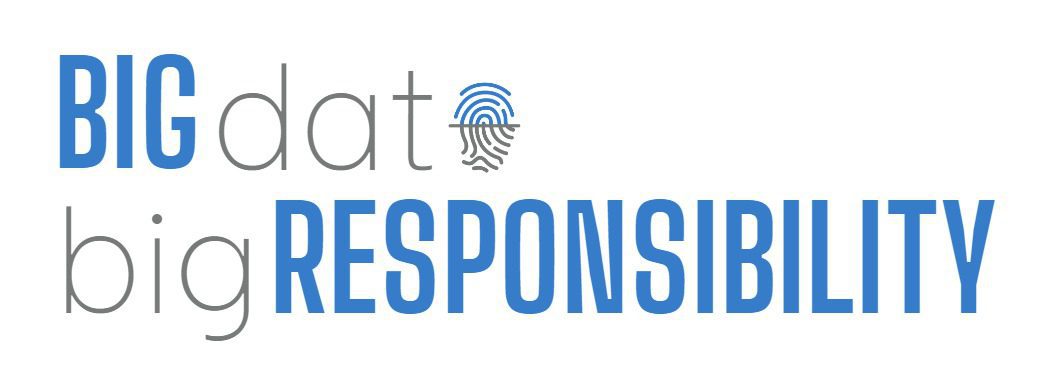The platform economy might be the next big thing but what are the impacts on working people in the Global South in this age of digital colonialism? In this is a short introduction we explore who benefits from increased digitalization in the developing world and how people on the verge of starting their own digital revolution can fight against the powers of the large tech companies.
What exactly do we mean with digital colonialism?
Just as the old western powers sought to gain economic, political and social domination by conquering new territory in the Global South, large digital technology companies, short Big Tech, use digital technology to take over markets and spread their influence. Instead of physical goods, Big Tech accumulate digital capital through extracted data, securing their dominance.
Rather than benefiting from this digital capitalism, populations in the Global South find themselves once again on the lower end of the value chain, with the digital economy entrenching unequal division of labour and where the Big Tech can keep the Global South in a state of permanent dependency through private ownership of intellectual property and data.
The platform model – entrenching unjust economic structures
The platform model is a key tool in digital capitalism’s strive towards domination, as it connects the many “nodes” of the digital marketplace – consumers, advertisers, service providers, suppliers and even objects. All these nodes make up the platform ecosystem, and by harvesting their data, the companies behind them can use algorithms to optimise interactions and thereby also maximise profit.
With digital platforms in the hands of a few mostly US-based companies, the Global South once again finds itself in a state of permanent dependency. And the platform economy is set to grow, with estimates that by 2025, over 30% of global economic activity will be mediated by platform economies.
With the growing domination of the platform ecosystem, it becomes normalised for economic actors to participate on the platform solely on the platform owner’s terms. This is highly problematic and that’s when we see clear parallels with the old colonialist practices, only now data is harvested to secure and expand the platform owner’s economic and social clout, effectively barring actors from the Global South to take advantage of the digital infrastructure. This feedback effect exacerbates the situation as those who can collect more and better data can create the best algorithms which in turn leads to better service and more users, leaving smaller companies from the Global South behind.
In this neo-capitalist world, individuals all over the world are set to lose out again, as the on-demand and microwork offered as part of the platform business model create constant competition and fragmentation among individual workers, stopping them from collectively organising for their rights.
In the Global South, the situation looks even more dire, as a shift to AI technology might trigger a re-shoring trend whereby factories are relocated to wealthier countries which can offer better infrastructure for deploying AI systems. According to the World Bank, over two-thirds of the workforce in the Global South are likely to lose their jobs.
This will not only affect factory workers but could also threaten the livelihood of small-scale farming. Innovations such as Alibaba’s ET Agricultural Brain which uses AI technologies for real time monitoring and remote controlling of farm-based activities, as well as controlling the farm-to-fork cross-border supply chain, not only enfeebles traditional livelihoods but could also edge out local agricultural economies in Asia.
How can we ensure a just digital economy?
It’s surprising how little awareness exists concerning Big Tech’s domination and data harvesting, particularly in the Global South. Pushing for an international treaty based on human rights statutes together with revised legal-institutional frameworks for governing corporate platforms, ensuring legal protection to consumers and workers in the platform economy would ultimately limit surveillance capitalism and curtail Big Tech’s dominance. It would give countries in the Global South a chance to push back and create an innovative digital economy on their own terms.


